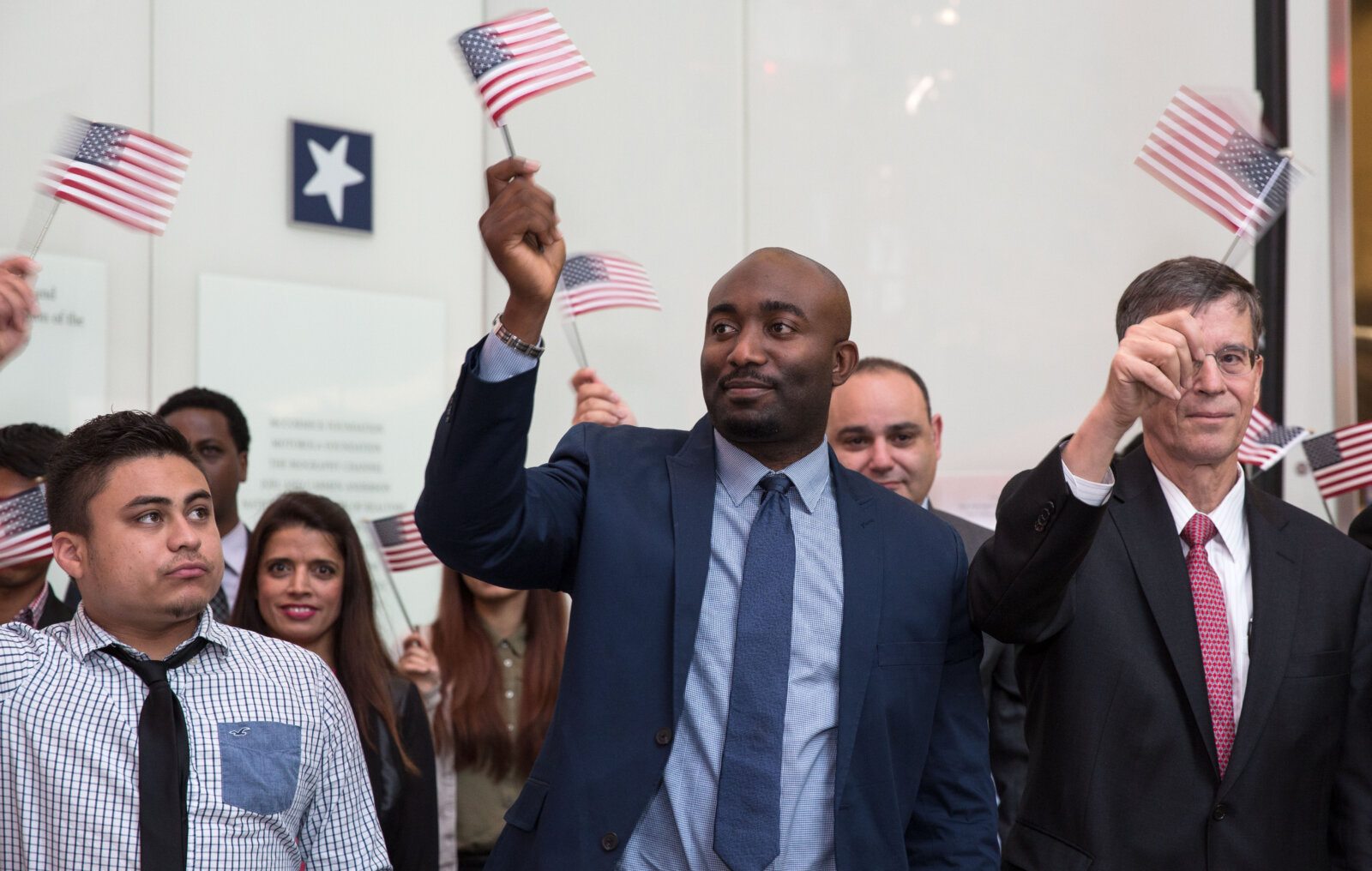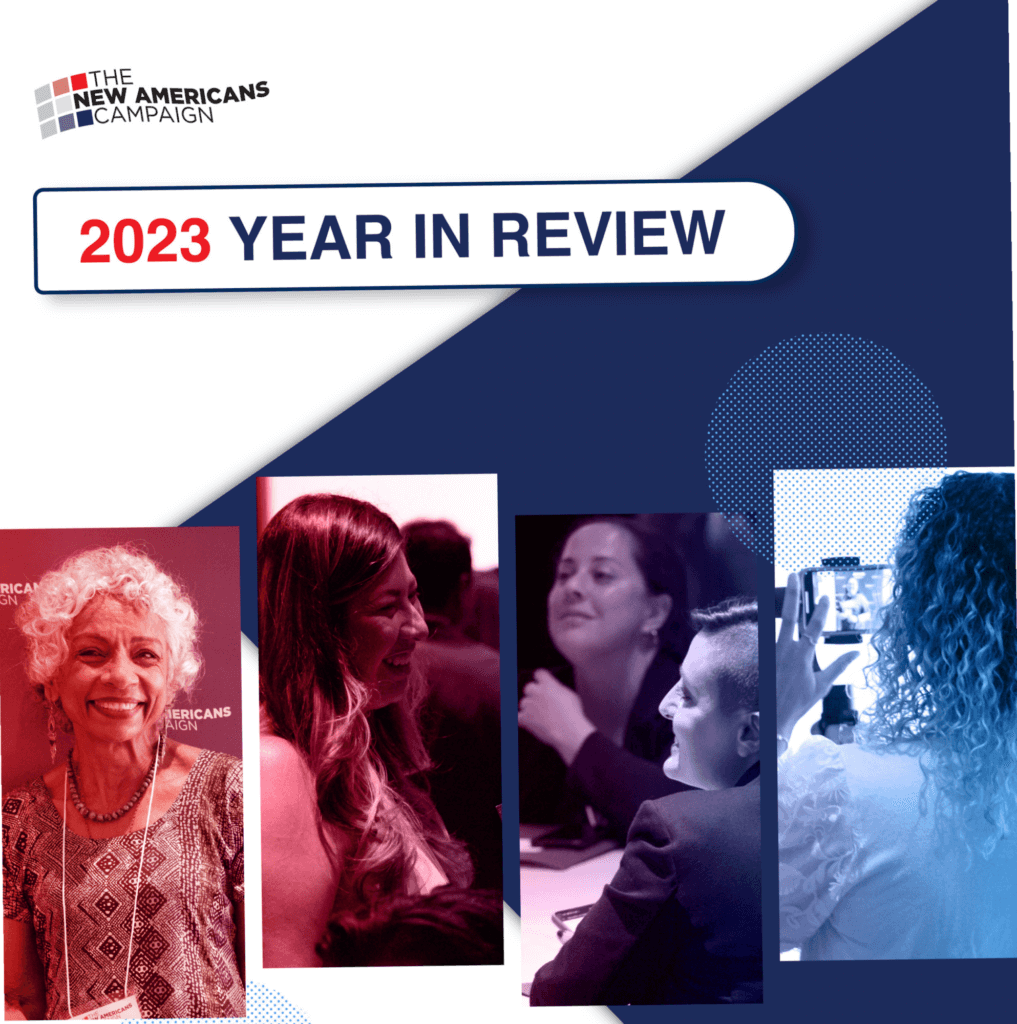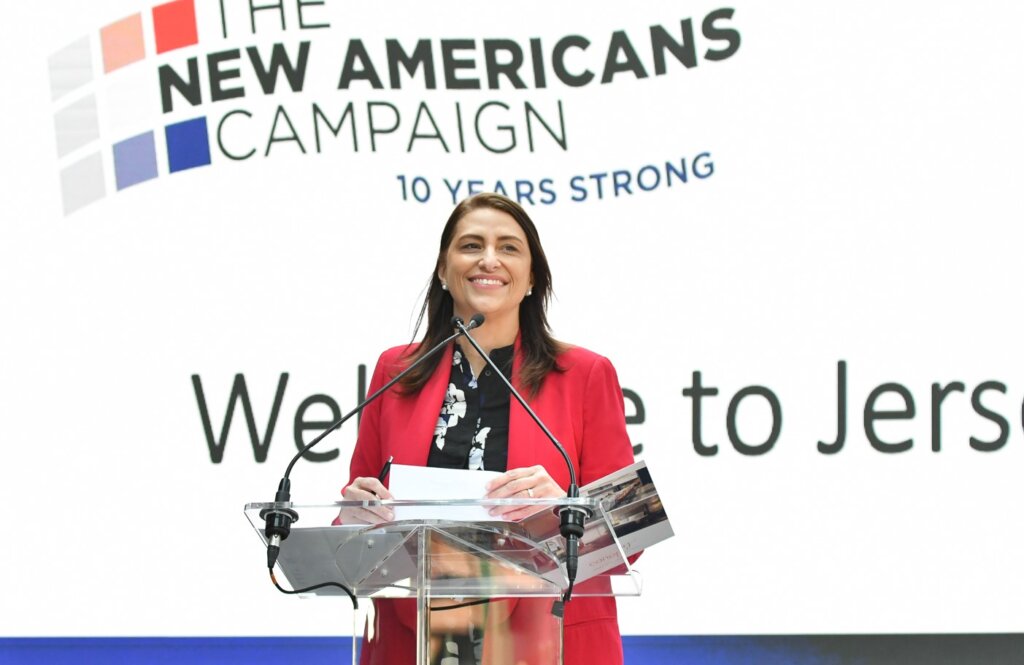Supporting the Newest Americans

This July 4th United States citizens will come together to honor the birth of our vibrant, representative democracy. Since its founding, the United States has depended on generations of immigrants who become U.S. citizens and contribute to the progress of this country. America is made stronger by each citizen who casts a vote, adopts a cause, attends a town meeting, or runs for office. Naturalizing is, above all, an act of patriotism.
There are many lawful permanent residents who hope to become citizens but are tripped up by obstacles like financial barriers (real and perceived), language barriers, the need for affordable legal help, and an overwhelming lack of knowledge about the naturalization process. The policy primer, Supporting Citizenship: An Opportunity for State and Local Governments, enumerates a number of ways that city and state governments can support naturalization, ranging from funding various naturalization services, to engaging government agencies to promote, celebrate and provide access to citizenship. “The New Americans Campaign believes state and local governments have a crucial role to play and a unique opportunity,” says Melissa Rodgers, Director of Programs at the Immigrant Legal Resource Center and leader of the New Americans Campaign.

Governor, Mayors, and County officials can provide leadership and partnerships. “State and local governments can learn from naturalization services funding models and we are happy to make available model law language,” says Rodgers. “We also have examples of successful public/private partnerships that government leaders and our partners across the country have championed.” Libraries, school systems, human services agencies, and even airports have all been developing programs and practices to help qualified immigrants begin the path to citizenship.
Nearly 9 million lawful permanent residents living, working, and raising their families in communities across the U.S. are eligible to apply for naturalization. When state and local governments support their efforts to become citizens it helps all of us—our economy, our communities, and our democracy.
For more information read the full report here: Supporting Citizenship: An Opportunity for State and Local Governments



